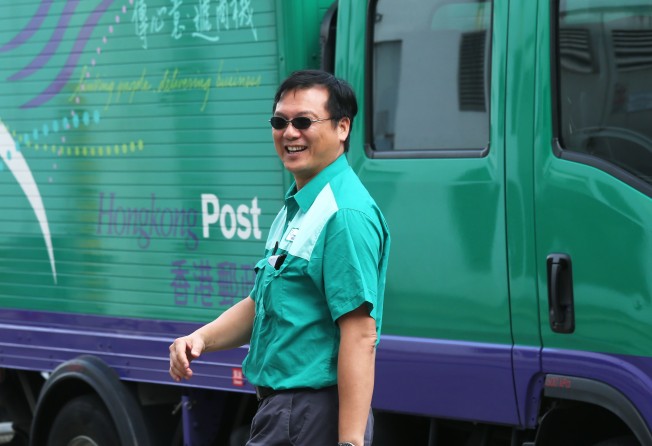Letters to the Editor, January 25, 2018

Hands tied on postage for overseas mail
I refer to Christopher Ruane’s letter (“Latest rise in postage rates is really unfair”, January 23), in which he expressed unhappiness about the rise in postage for international mail.
Hongkong Post always strives to provide reliable postal services at an affordable cost to our customers. However, the major cost elements for international mail are beyond the control of Hongkong Post.
For mail originating from Hong Kong, the destination’s postal administrations charge Hongkong Post “terminal dues” (that is, the cost of administration to deliver on their shores the mail items to the addressees) under the aegis of the Universal Postal Union (UPU).
In 2016, the UPU agreed to increase the terminal dues regime for 2018-2021 by a rather progressive rate. Hongkong Post has no choice but to pass it on to the customers in order to just break even in providing international mail services. As things now stand, the UPU is inclined to introduce a further round of increases after 2021.
Mr Ruane thought that Hongkong Post still had a monopoly in our delivery service. Regrettably, this has not been the reality for ages.
Ngai Wing-chit, deputy postmaster general
Many benefits of e-option for local taxi fares
Some correspondents have backed calls for all taxi passengers to be able to use e-payment in Hong Kong. However, as one of them pointed out, people should still be able to pay by cash if they so wished, especially as some elderly citizens are not comfortable using smartphones for e-payments. But it is certainly a good idea to have taxi drivers offer the e-payment option.
I have a relative who is a taxi driver and he has to take a heavy bag full of coins at the start of his shift so he will have enough change for notes. There is also the security issue, with taxi drivers late at night travelling with a lot of cash and being potential targets for a robbery. If they use e-payment systems, they are likely to carry far less cash.
There will also be no more arguments between drivers and passengers about change. The exact amount will appear on screen and then the appropriate e-payment will be made. Many Hong Kong taxi drivers have shown an interest in signing up for e-services, and I hope e-payment systems can be introduced in more taxis in the city.
Sammi Lee, Kwun Tong
Revamp old factories for decent homes
I agree with the efforts made by the government to protect Hong Kong’s biodiversity through various conservation measures, but not all of its initiatives are to be welcomed.
When he was chief executive, Leung Chun-ying suggested that some areas of country parks might offer feasible options to develop public housing. I hope the present chief executive will not follow this example during her term in office.
I realise that there is a shortage of affordable housing, but the government should be looking into the possible revitalisation of empty industrial buildings and schools, which have so much potential.
Revamping old factories could provide a lot of decent flats for residents who at present are having to live in substandard accommodation.
Fok Pui-yi, Tseung Kwan O
Occupy made the world take note of city
I have noticed that since Occupy Central and the fallout from this protest movement, more people abroad have been taking an interest in what is happening in Hong Kong.
I was visiting Australia and, while on a tour, got to talking with local holidaymakers.
Some of them said they had been watching what was happening on the political scene in Hong Kong and also that, like Hong Kong citizens, they were worried about its future.
I think more people in various countries will continue to express their concerns and their governments will monitor the situation here.
And I hope that the Hong Kong administration is aware of this, because it has been criticised for not listening to its own people.
Niki Cheung, Kowloon Tong
Modi needs to first set India’s house in order
I was very impressed by the presentation made to the World Economic Forum in Davos on Tuesday by the Indian prime minister, Narendra Modi.
He showcased India as a future investment destination and promised that red tape would be replaced by a red carpet. This is great. However, a red carpet cannot be spread over the dilapidated roads of Indian cities. Nor will healthy living be possible in smog-impacted cities like Delhi. The government must ensure its performance matches its promises.
I understand why Mr Modi has spoken out against protectionism. Like China, India wants more investment from overseas and to export goods and talent to the US. However US President Donald Trump – through “America first” – has sided with protectionism when it comes to protecting American jobs.
It also has to be accepted that other countries in the West, such as the UK and Germany, want to protect the livelihoods of their own people.
India must focus on decreasing inequalities within its people. An Oxfam report states that 1 per cent of India garnered 73 per cent of the national wealth in 2017. Instead of seeking growth based on foreign investment alone, India should get its own home sorted first.
Rajendra Aneja, Mumbai, India